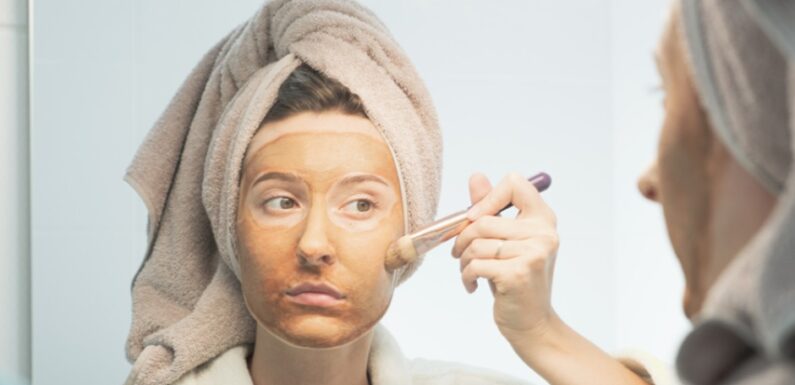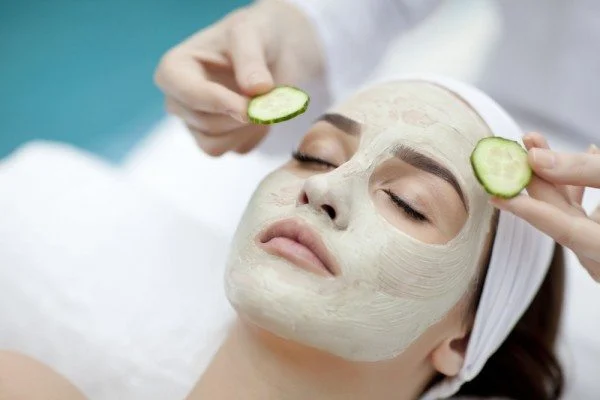
Many individuals with acne-prone skin opt for DIY facial treatments as a budget-friendly and convenient option when pursuing healthy skin. Nevertheless, despite their attractiveness, DIY methods frequently become inadequate in addressing acne.
Explore seven reasons why DIY facials in Singapore might not be the best option for individuals dealing with acne-prone skin.
7 Reasons Why DIY Facial for Acne-Prone Skin May Not Work
-
Lack of Expertise in Addressing Skin Concerns
DIY facials lack the personalised expertise provided by estheticians. Unlike generic DIY recipes found online, professional estheticians can assess individual skin types and conditions, tailoring treatments accordingly. Acne facial treatments are designed to target underlying causes of acne, such as excess oil production and clogged pores, yielding ideal results.
-
Risk of Aggravating Acne Symptoms
Attempting DIY facials without proper knowledge can inadvertently exacerbate acne symptoms. Ingredients or techniques used incorrectly may irritate the skin, leading to inflammation, redness, and further breakouts. Acne facials administered by professionals in Singapore prioritise gentle ingredients and methods to minimise the risk of aggravating acne-prone skin.
-
Limited Access to Professional-Grade Products
DIY facials often rely on household ingredients or over-the-counter products, which may lack the potency and usefulness of professional-grade skincare products. Facial treatments for acne-prone skin use products formulated with active ingredients like salicylic acid, benzoyl peroxide, and retinoids, which can target acne-causing bacteria and encourage skin renewal.
-
Inadequate Deep Cleansing
Proper cleansing is essential for managing acne, yet DIY facials may not provide the deep cleansing necessary to unclog pores and remove impurities effectively. Facial treatment for acne-prone skin incorporates steam therapy and manual extractions to deeply cleanse the skin, removing excess sebum, debris, and dead skin cells contributing to acne formation.
-
Missed Opportunity for Professional Assessment
DIY facials lack the element of professional assessment, where estheticians can identify underlying factors contributing to acne and recommend suitable treatment strategies. During acne facial treatments, estheticians assess skin conditions, identify acne triggers, and provide advice on skincare routines and lifestyle modifications to support acne management.

-
Potential for Inconsistent Results
DIY facials rely on self-administration, which may result in inconsistent application techniques and uneven product distribution, leading to unpredictable results. In contrast, professional acne treatments adhere to standardised protocols, ensuring consistent delivery of ingredients and techniques for ideal results with each session.
-
Limited Scope for Comprehensive Treatment
DIY facials often offer a one-size-fits-all approach, overlooking the multifaceted nature of acne and the need for diverse treatment strategies. Professional acne facial treatments encompass a broader range of modalities, including exfoliation, hydration, and targeted therapies, to address various aspects of acne-prone skin and achieve lasting results.
Finding a Facial Professional
Since DIY facials may work improperly, finding professional help is essential for acne management. Here are some necessary steps to ensure you choose the ideal esthetician:
- Research and Reviews: Start by researching estheticians or skincare clinics specialising in acne treatment. Read online reviews and testimonials from previous clients to gauge their satisfaction and results.
- Credentials and Experience: Look for licensed, certified facial professionals with the necessary experience in treating acne-prone skin. Verify their credentials and inquire about their training and specialisation in acne treatments.
- Consultation and Assessment: Consult with facial professionals to discuss your skincare concerns and goals. During the consultation, evaluate how thoroughly they assess your skin condition and provide personalised recommendations.
- Treatment Options: Inquire about their range of acne facial treatments and their suitability for your skin type and concerns. Ask about each treatment alternative’s ingredients, techniques, and expected outcomes.
- Communication and Trust: Choose a facial professional with whom you feel comfortable communicating openly about your skincare issues and preferences. Establishing trust and rapport with your esthetician is essential for treatment collaboration.
Conclusion:
Although DIY facials may seem convenient and budget-friendly, they frequently lack the expertise and usefulness needed to address acne-prone skin. Professional facials for acne-prone skin provide personalised attention, methods, and access to proper products, guaranteeing the ideal possible results for those seeking healthy skin. Remember, when managing acne, it is essential to prioritise professional expertise and customised treatments rather than cost-saving alternatives.
Contact Porcelain to say goodbye to acne today.

